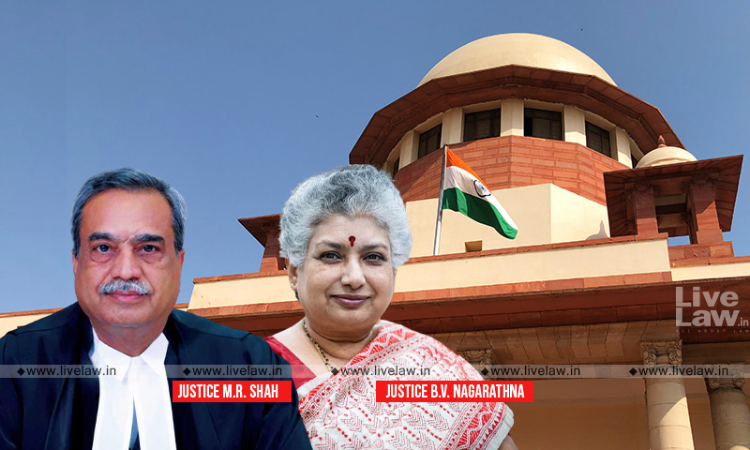Cryptic & Casual Bail Orders Without Relevant Reasons Liable To Be Set Aside : Supreme Court
Sohini Chowdhury
14 Jan 2022 1:28 PM IST

Next Story
14 Jan 2022 1:28 PM IST
The Supreme Court held that bail cannot be granted by a cryptic and causal order without considering the material aspects of the case. The Apex Court further clarified that even if no new circumstances have developed after the grant of bail, the State is entitled to seek cancellation of bail, if it had been granted ignoring material aspects which establish a prima facie case...
